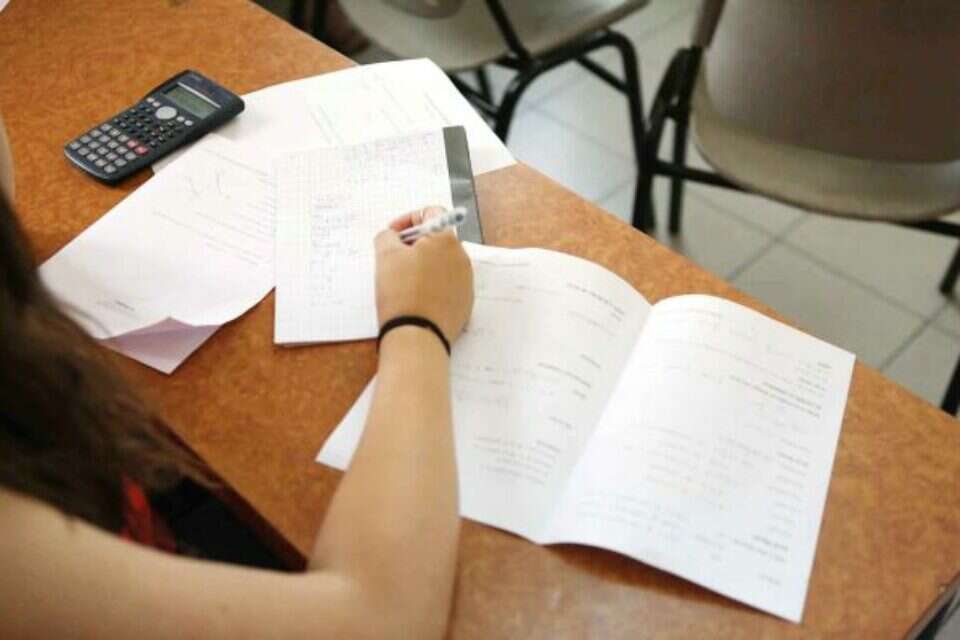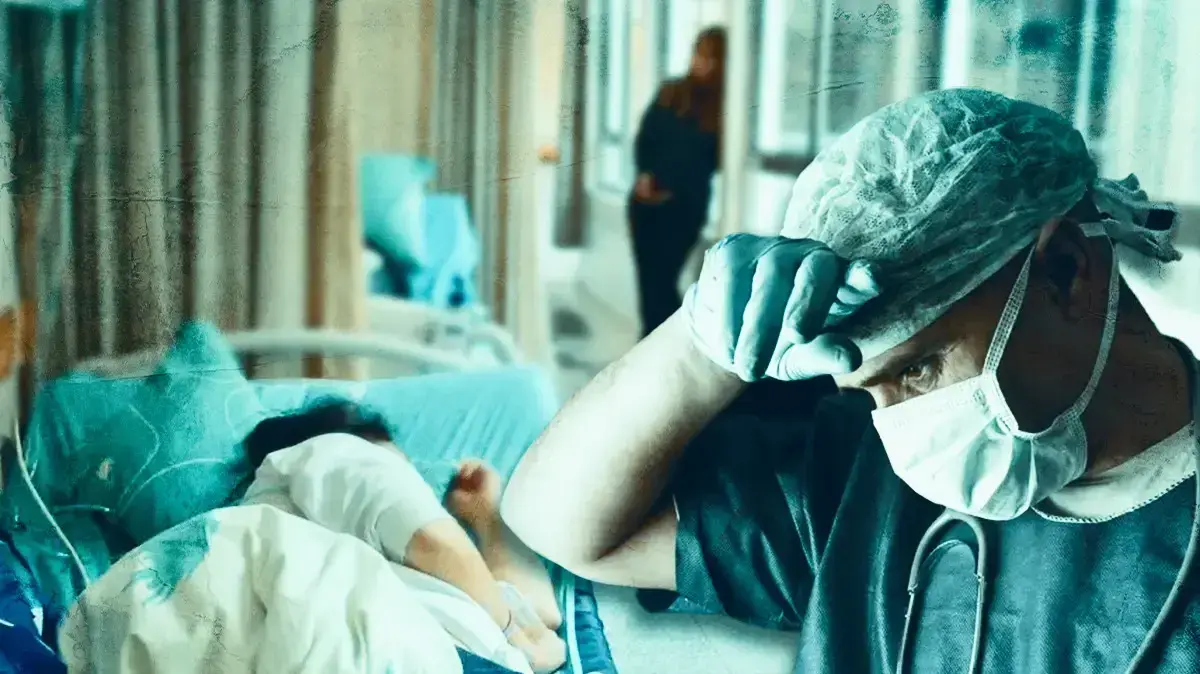Were you suspected of cheating in the matriculation exam? There is a high chance that you will be eligible. At the request of Israel Hayom, the Ministry of Education publishes data on the committees that discuss the disqualification of matriculation exams due to copying.
The data shows that the chance that the student's appeal will be accepted and his exam will not be disqualified is 46%.
The data also show that in the first year of the corona virus (2016) the proportion of students who appealed suspicion of cheating doubled - and rose to about 53%. The result: more than 5,400 students were eligible and their exam was not disqualified. The Ministry of Education is in no hurry to disqualify the exams of students suspected of cheating, And gives them a chance to prove otherwise - and it pays off.
To appeal or not to appeal?
A student who is suspected of cheating in a matriculation exam has two options: one - not to appeal, and in fact admit the guilt, and if cheating is suspected - the exam goes to a state where it is disqualified.
The second option is to appeal, first to a first appeals committee, and then, if his appeal is rejected, to a higher committee.
Although the Ministry of Education is strict about the purity of the exams, the tendency is to come towards the students, therefore, if copying is not proven unequivocally - their chances of being eligible increase because of the doubt.
In 2020, when the corona virus appeared and there were changes in the matriculation exams, each student took a total of six matriculation exams, while the rest of the exams were school-based.
maturity.
Those photographed have nothing to do with the news.
Photography: Ami Shoman (illustration),
In total, about 21,674 notebooks were suspected of copying in the matriculation exams that year.
Following this, approximately 11,605 students filed an appeal - 53% of the students.
In contrast, in 2019 (a year without corona), 23,514 notebooks were suspected, and 5,855 students appealed - only 25% of the students.
Back to 2020 - out of the 11,605 appellants, 4,718 (40%) were acquitted due to doubt in the first committee.
Of the students whose appeal was rejected, 2,342 did not give up and appealed to the Supreme Appeals Committee.
This earned 714 students.
"We will streamline the appeal process"
All in all, in 2020, 5,432 students were acquitted of copying, which is 46% of all those who filed an appeal.
Similar data also appear a year earlier, in 2019: 5,855 students submitted an appeal to the first committee, which won 2,169 of them (37%).
Of those who were disqualified, the higher committee awarded another 525 students.
A total of 2,694 students were awarded this year, meaning - 46% of the students managed to change the evil of the decree.
According to David Gal, head of the examination division at the Ministry of Education: "We encourage students who think they have been wronged to appeal. In recent years, we have streamlined the appeal process. I am proud of examiners and committee members who are free of interests, and have the courage to change the decision of examiners from within the system."
In mathematics, the number of suspicious notebooks exceeded 15,000, and more than 8,000 appeals were filed - 54% of the students.
In English more than 2,600 notebooks were suspicious and 45% of the examinees appealed, and in the language (155 suspicious notebooks) - 65%.
In the scientific subjects: in chemistry (149 suspicious notebooks) 82% of the students appealed, and in biology (114 suspicious notebooks) 70% appealed.
The data differences in 2019 (before the corona) and 2020 (the first year of the corona),
prevent mass copying
In 2020 the Ministry of Education spent NIS 460,761 to discuss appeals, and in 2019 it spent NIS 414,000. The Ministry of Education recently reduced the scope of copying, and the entire process of transferring the questionnaires is carefully secured. .
The punishment for copying ranges from a one-time delay to the prevention of examinations for an entire year in the same subject, according to the severity of the case.
This year the new matriculation reform in the humanities will be launched, which means canceling exams in some humanities subjects, and writing a multidisciplinary paper in their place.
This puts the examination department in front of a particularly complex task - to prevent massive copying of papers.
As published in Israel Hayom, the Ministry of Education possesses advanced technological capabilities of artificial intelligence, capable of scanning papers and matriculation exams and identifying if copying has been carried out.
An experiment conducted at the office showed that the systems are capable of checking tests and giving them a reliable score, but the office still does not use these capabilities.
were we wrong
We will fix it!
If you found an error in the article, we would appreciate it if you shared it with us







